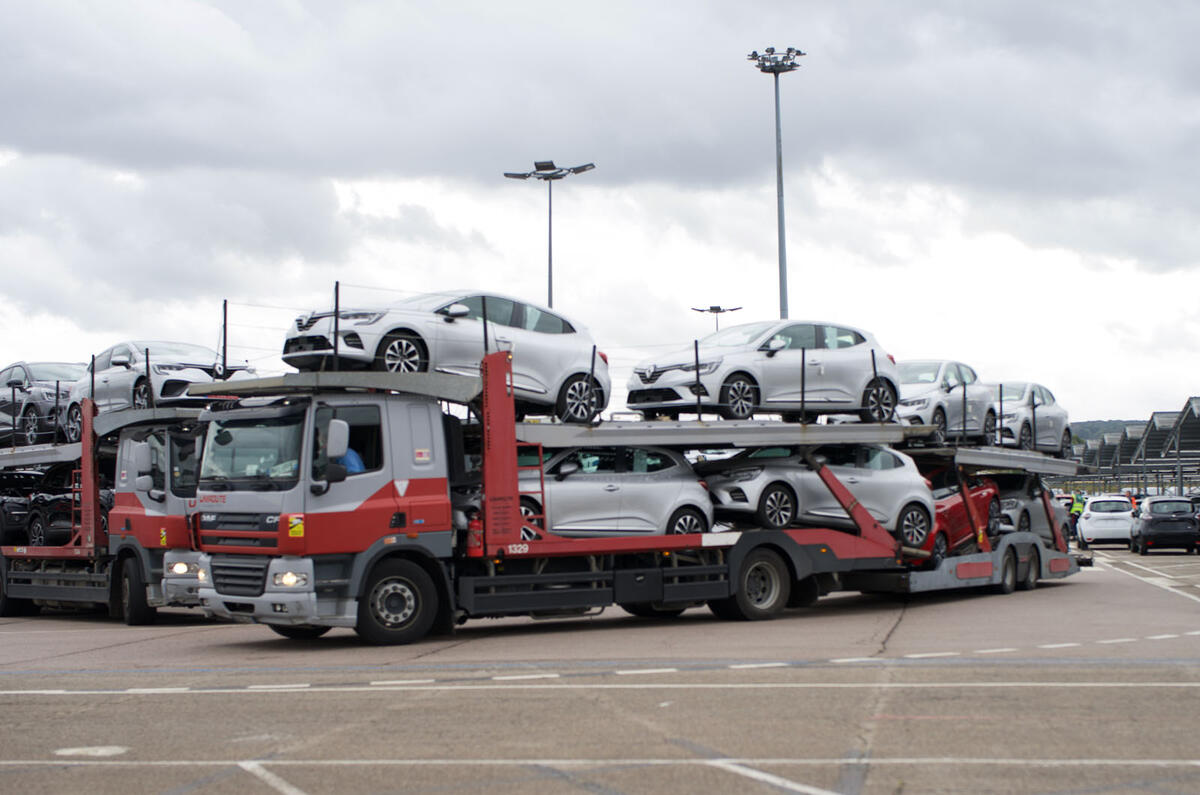Pushing through Euro 7 emissions regulations as currently proposed could push new car prices up by €2000 (£1800), reducing demand to the point that Renault would need to close up to four factories in Europe, CEO Luca de Meo has claimed.
Car makers have expressed anger at the timings and the scope of the proposals, due to come into force across the European Union from 1 July 2025 for new cars and light vans if ratified.




Add your comment